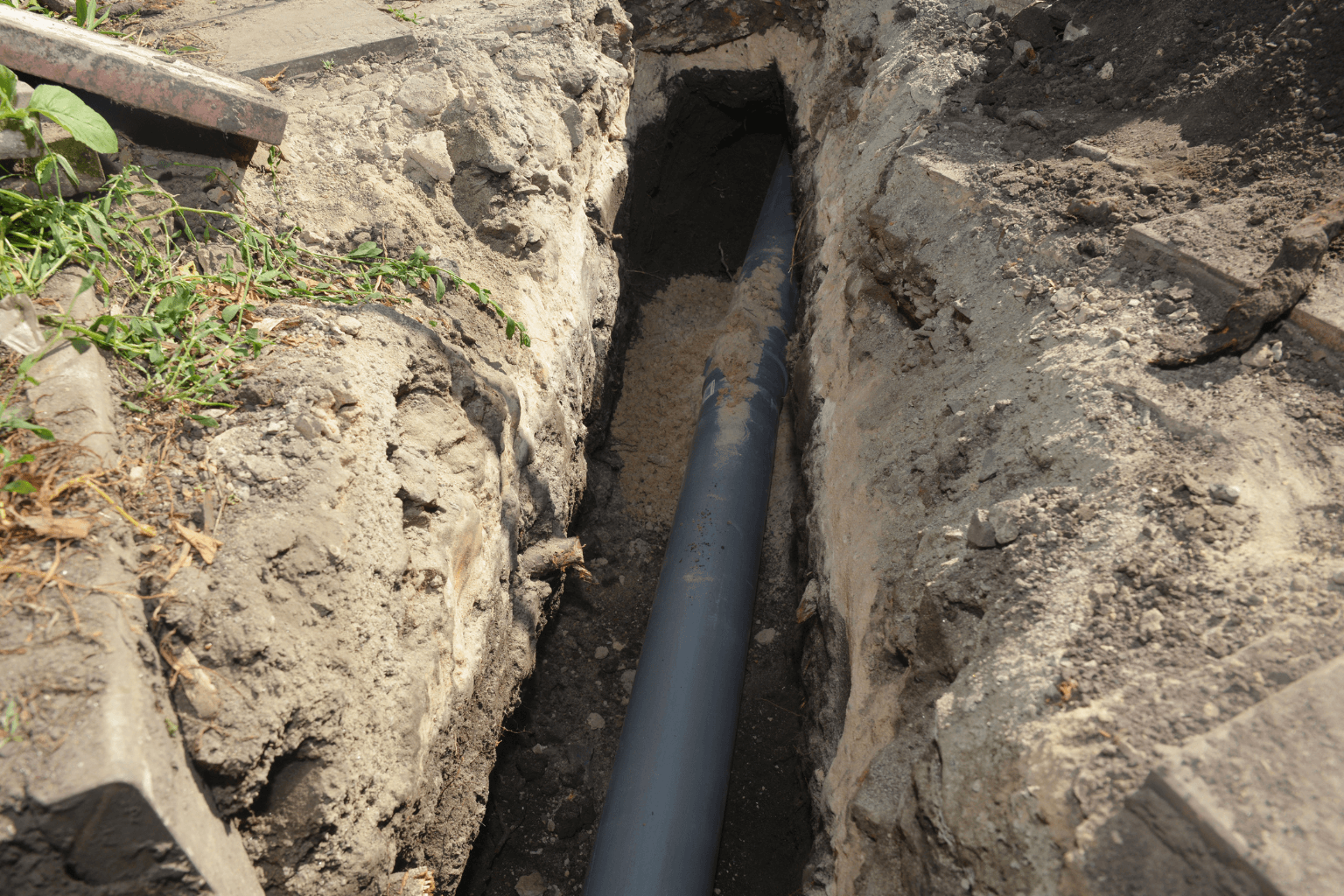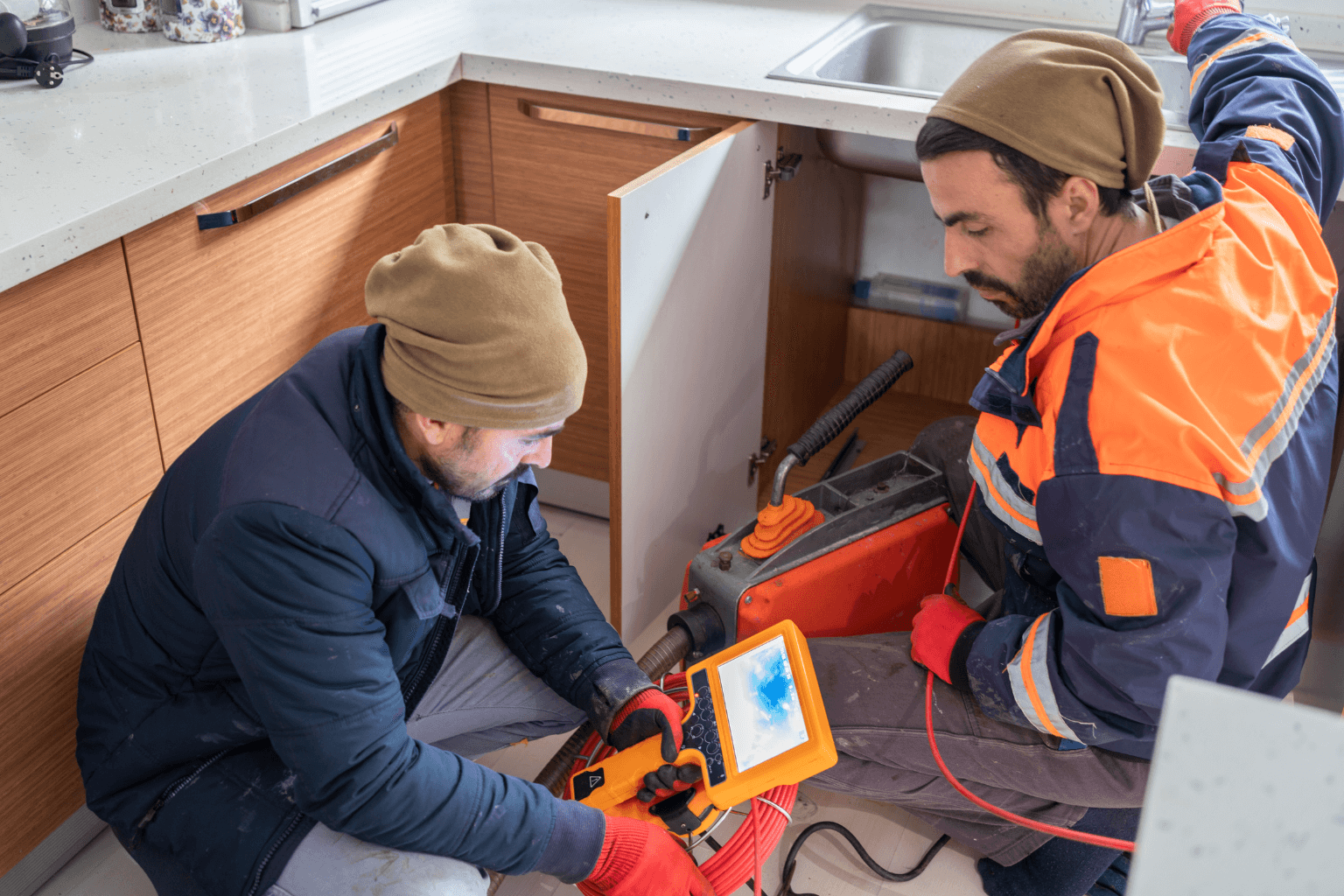Selling a House with Broken Sewer Line: A Complete Guide
Selling a house with broken sewer line can feel overwhelming, but it's far from impossible. If you're dealing with a sewer issue, the key is understanding your responsibilities and taking proactive steps to address the problem. From disclosure requirements when selling a house to offering repair credits, there are smart ways to navigate the process. With the proper preparation and professional help, you can still close a successful deal.
Hot Topic You Might Love: If you're enjoying this, don't miss our latest post — How to Sell a House with Code Violations in California. It's getting attention and might surprise you.
Understanding the Sewer Problem
A broken sewer line isn't always easy to spot, but it can cause major trouble. Slow drains, backups, or foul smells might be signs that something is wrong underground. In many cases, issues are caused by tree roots, old pipes, or shifting soil.
Hiring a plumber to do a sewer inspection before selling can reveal the extent of the problem. These inspections often utilize cameras to inspect the interior of the pipes. Minor repairs cost a few hundred dollars, while full replacements can range from $3,000 to over $30,000.
A damaged sewer line isn't just a plumbing issue, it can also pose health and environmental risks. The EPA explains how municipal wastewater systems function and why proper maintenance and repairs are crucial.
Whatever the case, disclosing the problem is a must. Being honest protects you legally and builds trust with buyers. For homeowners in areas like Orinda, CA, working with local experts can make this process even smoother.

Legal Considerations
If you’re selling a house in California with a broken sewer line, full transparency is essential. California law requires sellers to disclose any known defects that could affect the property’s value or safety, including sewer problems. Failing to disclose such issues can lead to legal action or even the cancellation of the sale.
Use California’s Real Estate Transfer Disclosure Statement (TDS), also known as Form 17, to report the sewer line problem. Include supporting documents like inspection reports, plumber invoices, and repair receipts. Being honest upfront not only protects you legally but also builds trust with potential buyers.
If your property is at risk of condemnation, you might also find value in this video on whether you can sell a condemned house.
Why Documentation Matters
Document everything: inspections, repairs, and quotes, even if no action was taken. This paper trail demonstrates that you've acted in good faith, which can protect you if any disputes arise later.

Assessing the Sewer Line Damage
Common Problems to Watch For
- Tree root intrusion
- Cracked or corroded pipes
- Blockages causing slow drains or backups
A proper sewer inspection before selling helps identify these issues early. If the sewer line needs repair, get multiple quotes. Not only will this help you plan your next steps, but it will also be beneficial during price negotiations. Learn more about handling inspection issues in our guide on what to do when a house fails inspection.
Tips for Selling a House with Broken Sewer Line
Offer Repair Credits or Price Adjustments
Rather than fixing everything yourself, offer buyers a credit at closing. This lets them handle the repair their way and makes your home more appealing. Price the home accordingly, based on the repair estimates you've collected.
Highlight the Home's Strengths
Even with a broken sewer line, your home has value. Emphasize other strong points, like the location, new appliances, or recent updates. This helps buyers see the bigger picture.

Smart Selling Strategies
Work With Experts
Consult a real estate agent who has experience with damaged homes. Consider bringing in a plumber and possibly a real estate attorney to assist with the disclosure process. These professionals can guide you on how to proceed legally and ethically.
Be Clear and Honest With Buyers
Buyers appreciate honesty. Explain the issue, share reports, and outline possible solutions. If you're offering repair credits or lowering the price, be transparent about the reasons behind these actions. Clear communication fosters trust and facilitates easier negotiation.
What Buyers Should Know
Due Diligence Is Key
Buyers will (and should) do their inspections. Encourage them to perform a sewer scope to confirm the problem. This shows you're not hiding anything and supports a smoother sale.

Conclusion
Selling a house with broken sewer line might seem complicated, but it's manageable with the right approach. Always disclose the issue, document everything, and work with experts. By being honest and strategic, you can find the right buyer and still close a deal that works for everyone.



